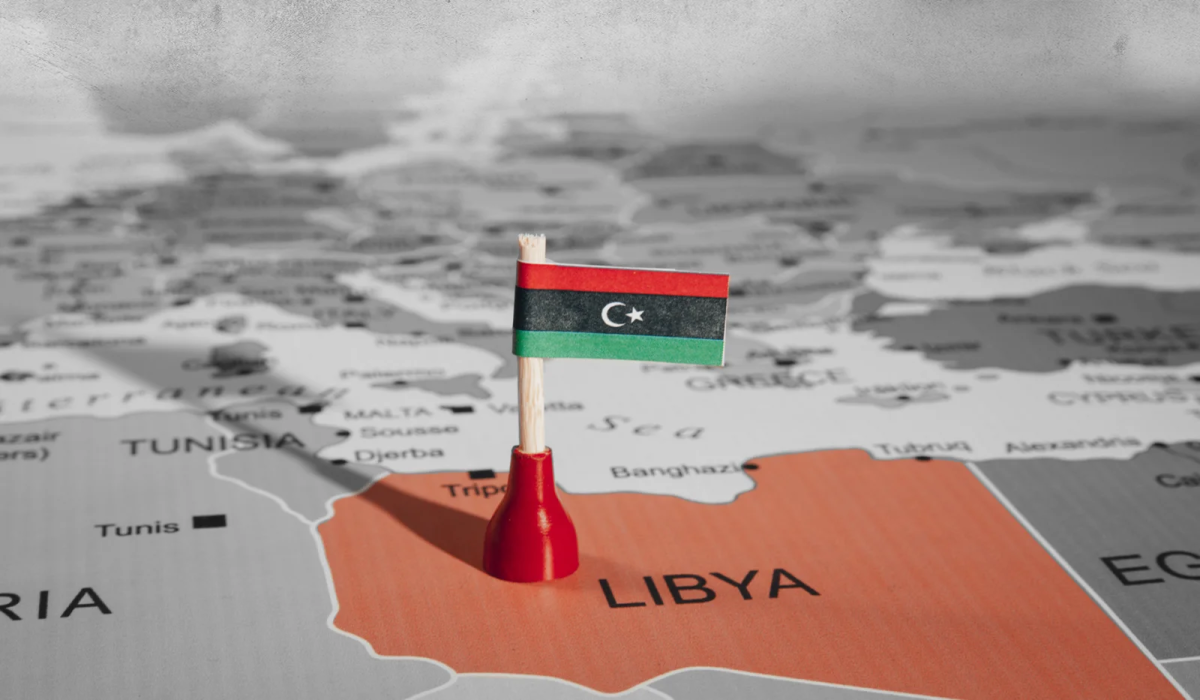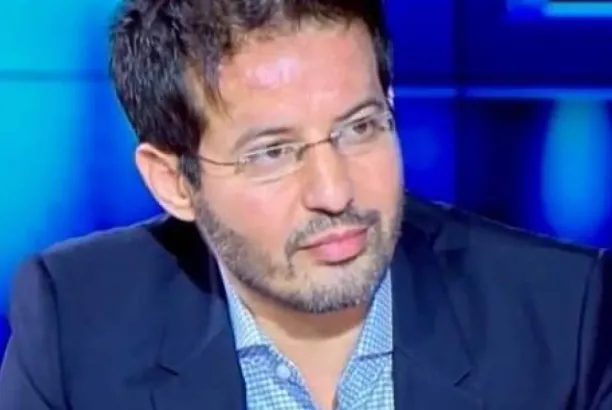
| Economic articles
Al-Shaawesh: “The Real Reasons Behind the Libyan State’s Inability to Achieve Economic Recovery After February”
Economic affairs commentator Rafi’ Al-Shaawesh wrote that the failure of the Libyan state to recover economically and developmentally after the February events lies in several factors, the most prominent of which are:
- The inability to establish an organizational, administrative, and technical structure capable of translating ambitions into tangible reality that achieves the desired developmental, economic, and service goals.
He noted that there is a significant structural and practical gap among the following key specializations and theoretical orientations:
- Economists: (designers of macro policies)
- Administration and organization specialists: (process implementers)
- Accounting, finance, and cost experts: (resource managers)
- Government audit and oversight bodies: (performance monitoring)
- Bankers: (drivers of monetary policy and financing)
- Information and IT specialists: (enablers of the technical infrastructure)
- Governance experts: (guarantors of transparency and good governance)
He emphasized that the desired integration and genuine synergy among these components can only be achieved through the establishment of a Supreme Council for Strategic Planning, bringing together representatives of these disciplines under one umbrella. This council would provide a unified strategic framework and defined goals, based on a clear economic and financial model, and adopt a comprehensive economic vision to be implemented through an effective five-year development plan.
Al-Shaawesh stressed that without such institutional integration, all initiatives, research, studies, and seminars will remain locked away in drawers, or else become mere platforms for individual exposure, self-promotion, job-seeking, and deal-making—thus serving narrow personal interests at the expense of the higher national interest.





